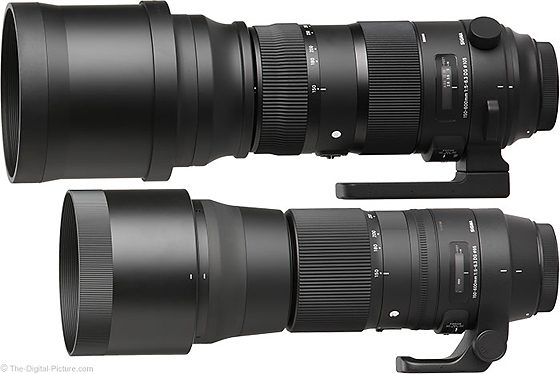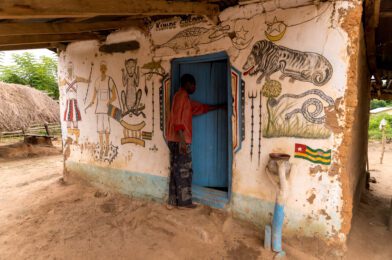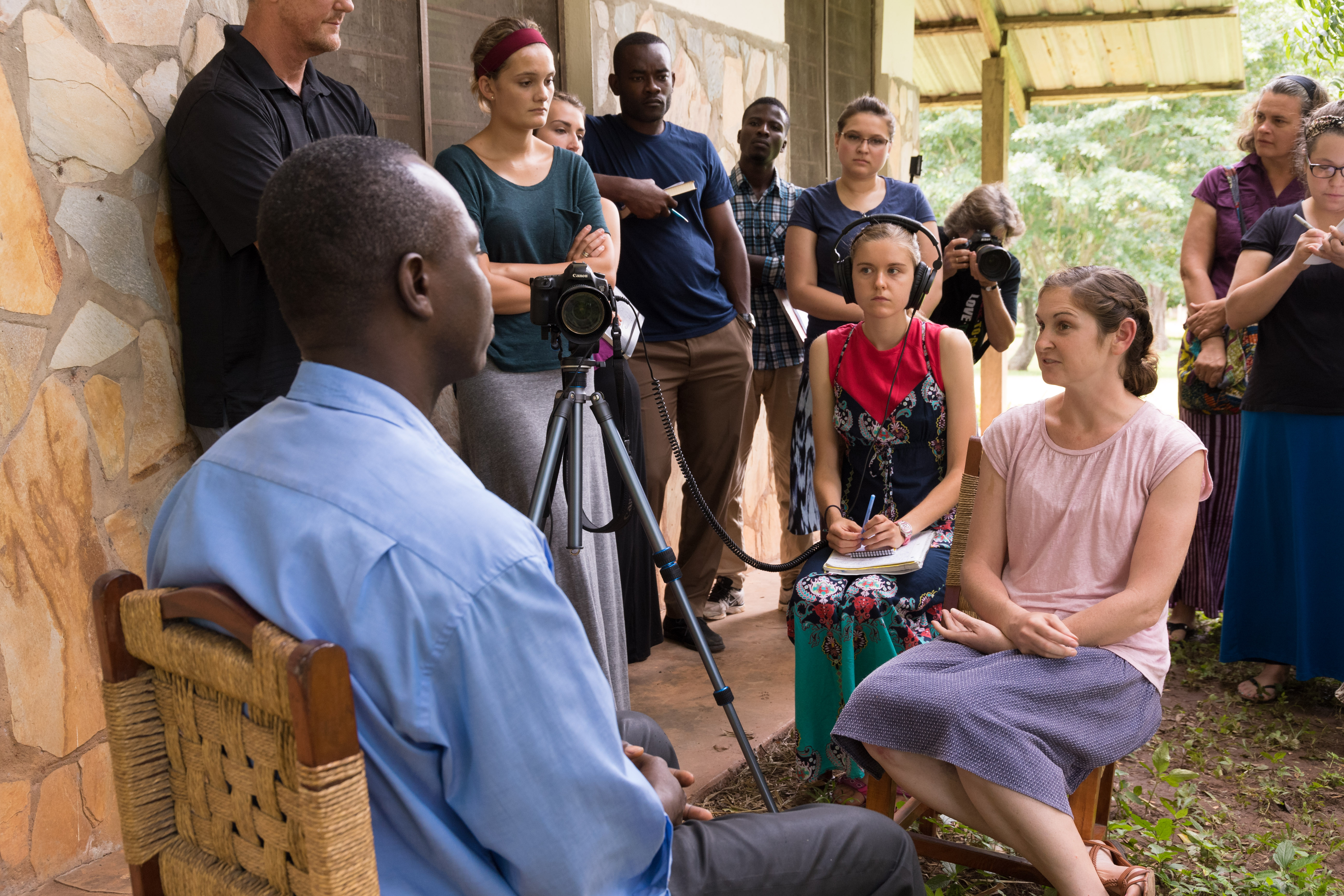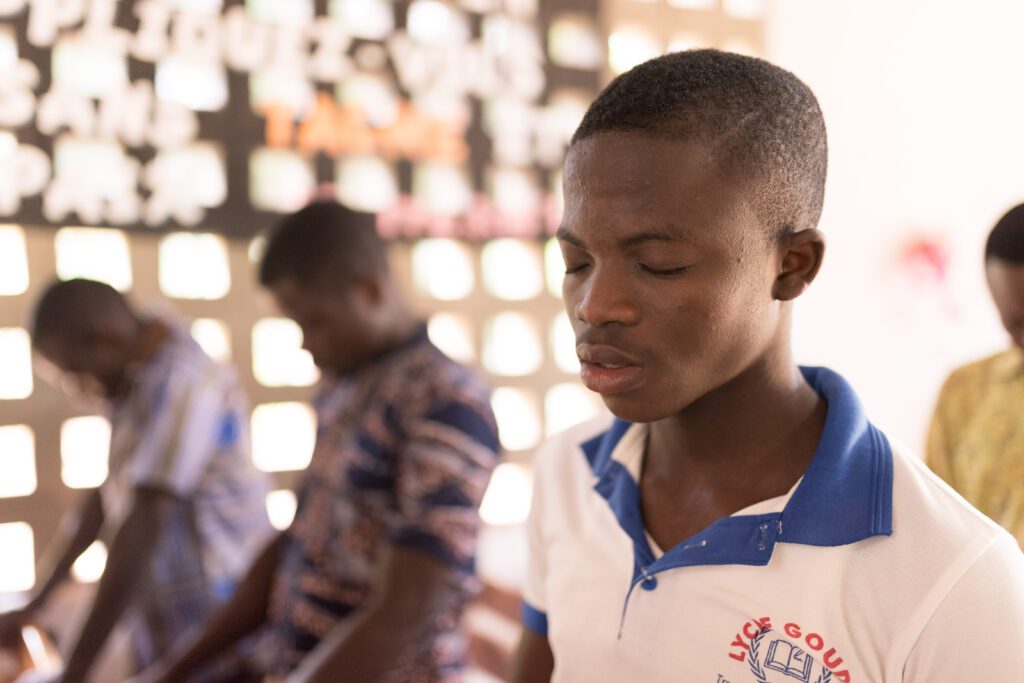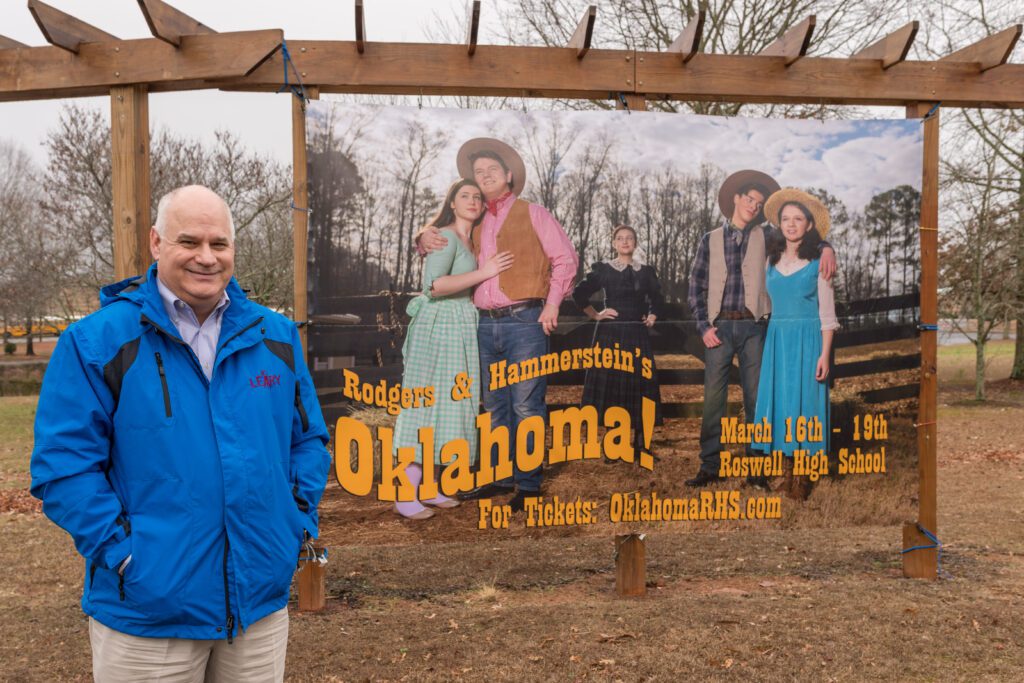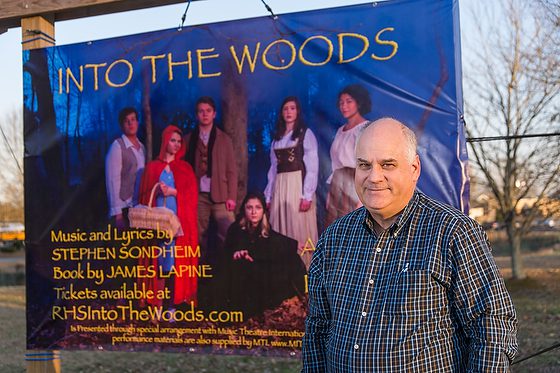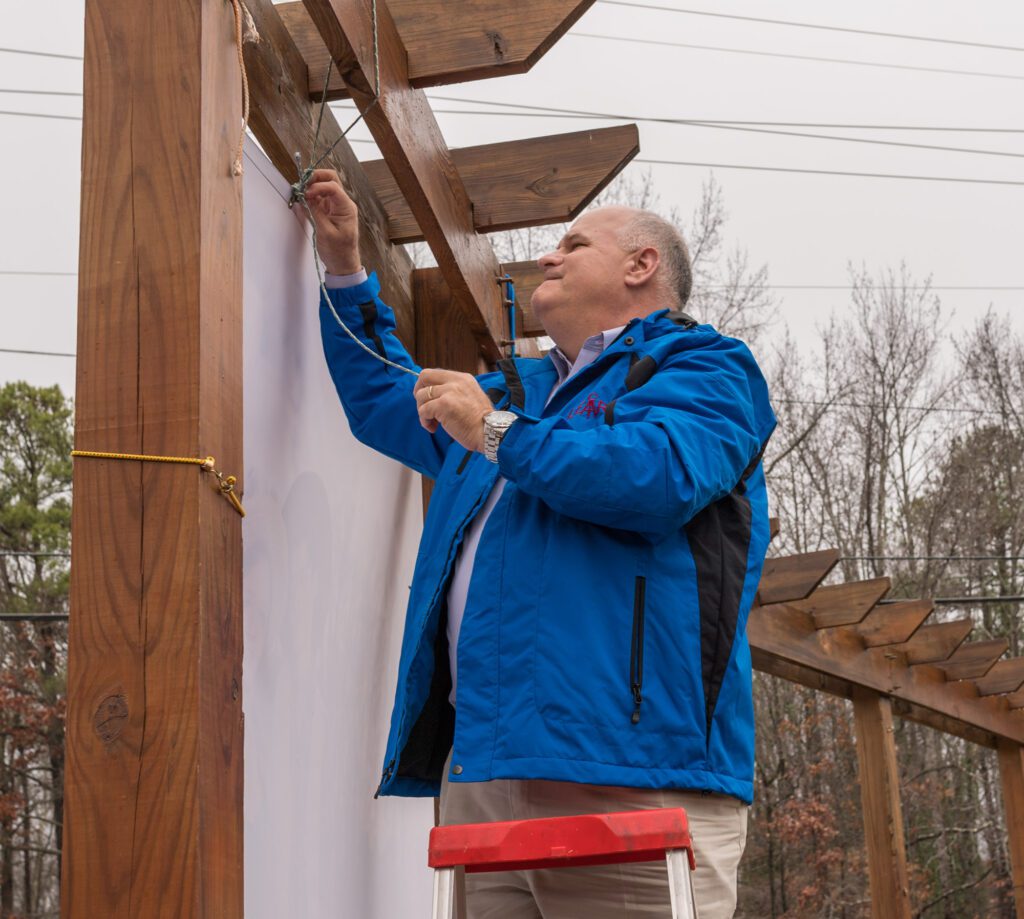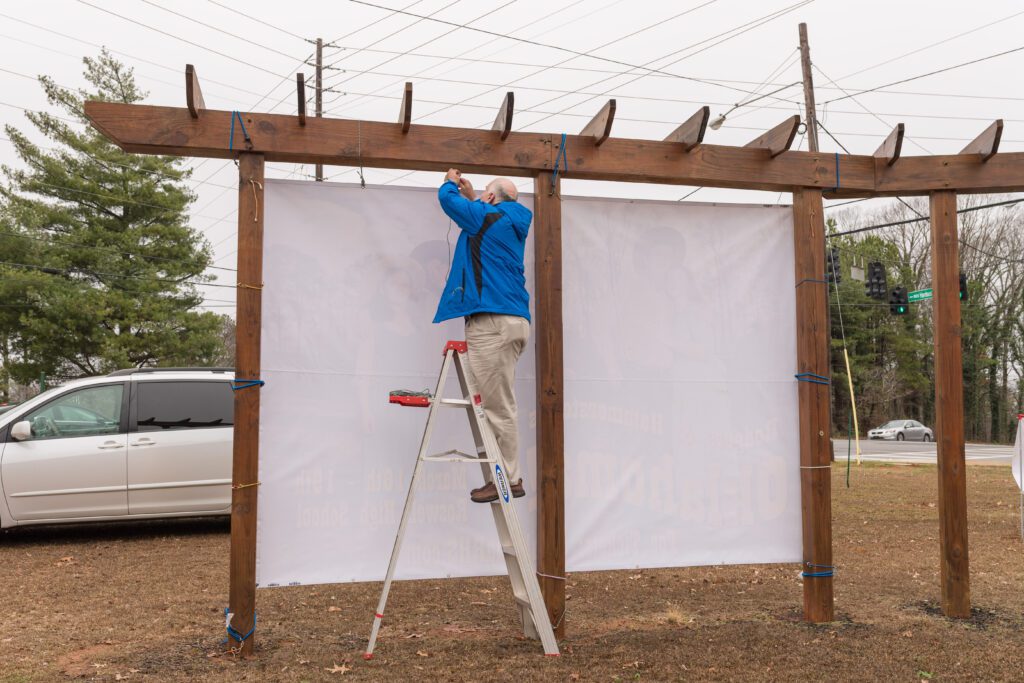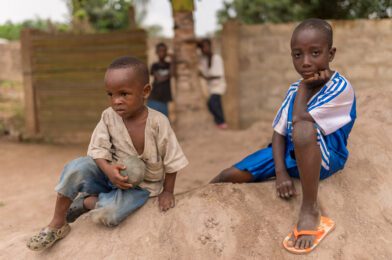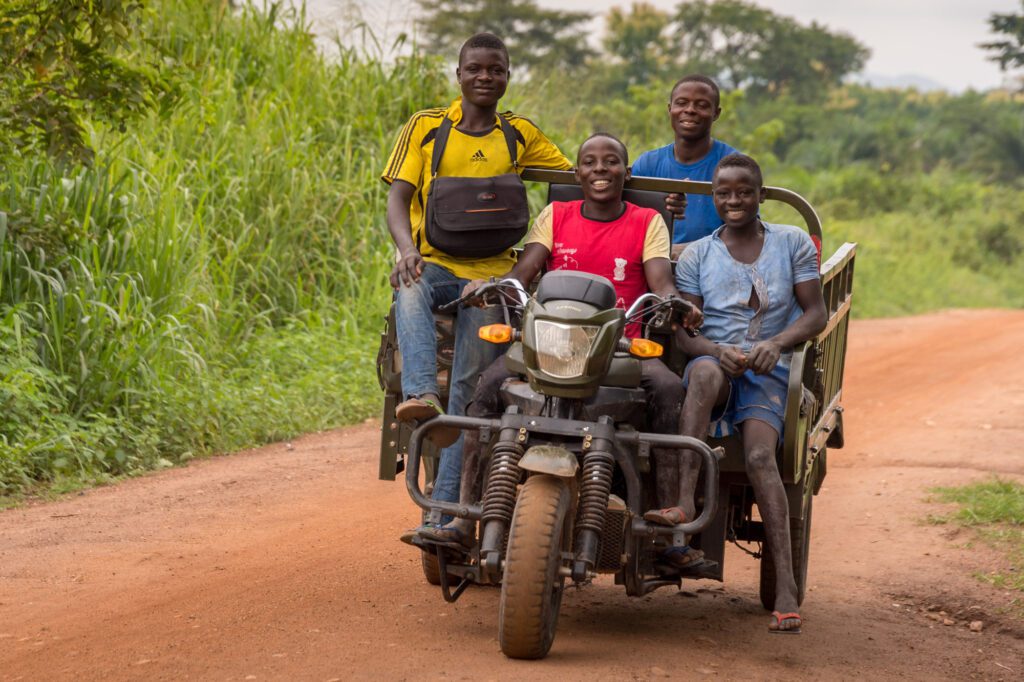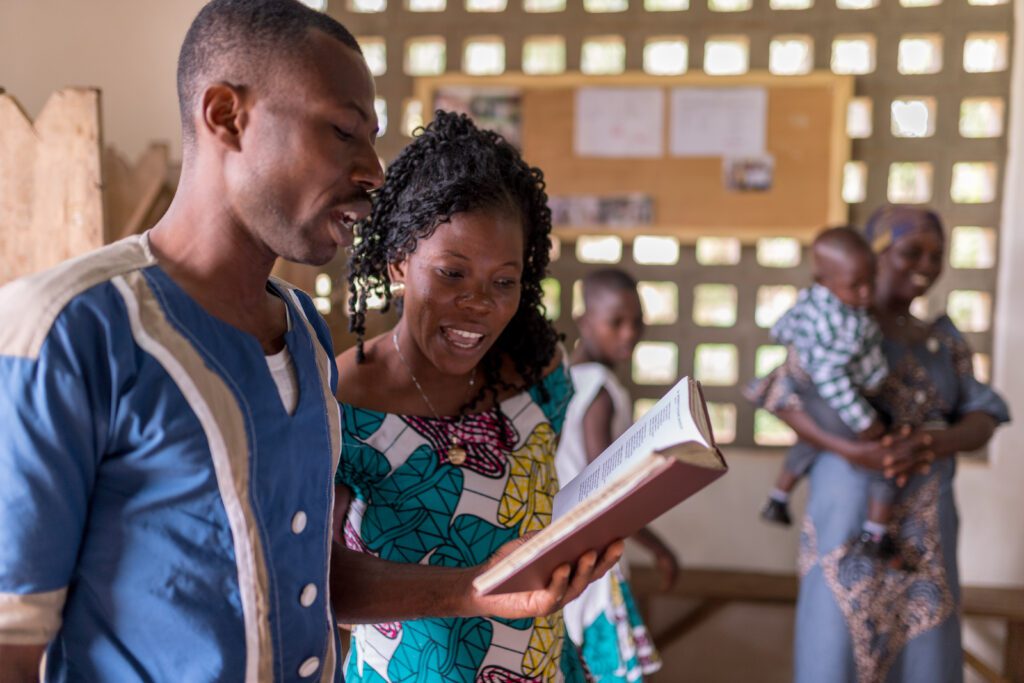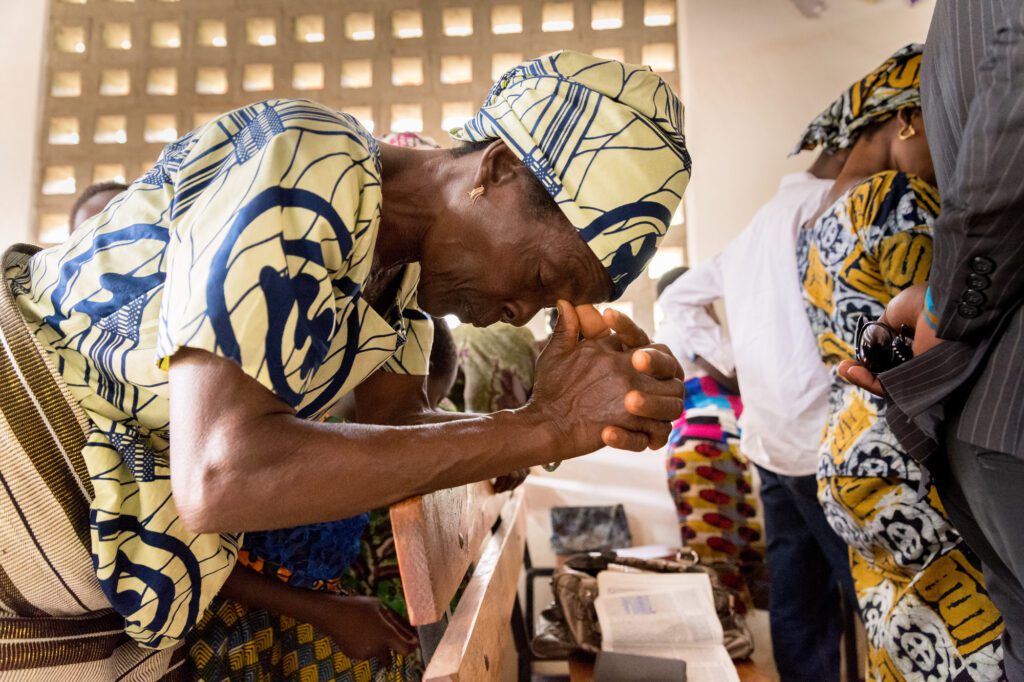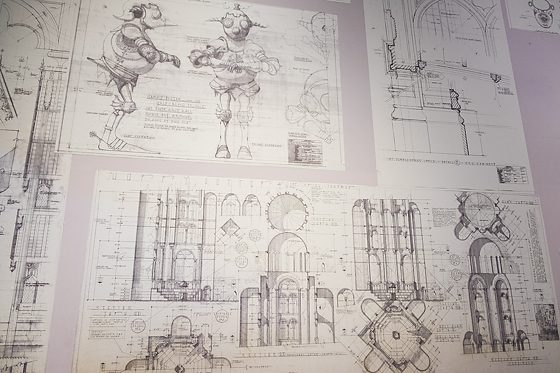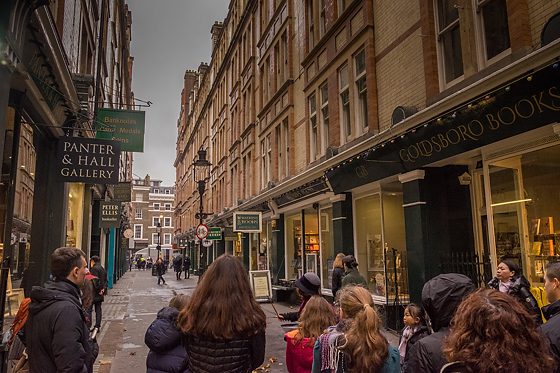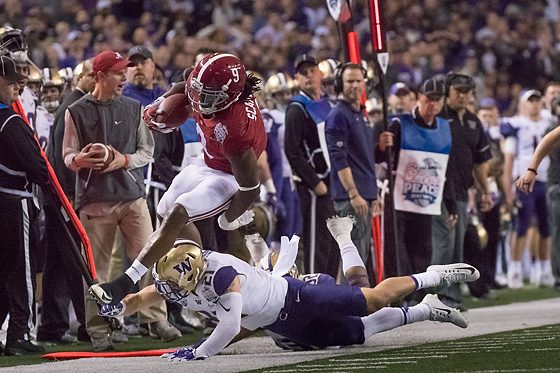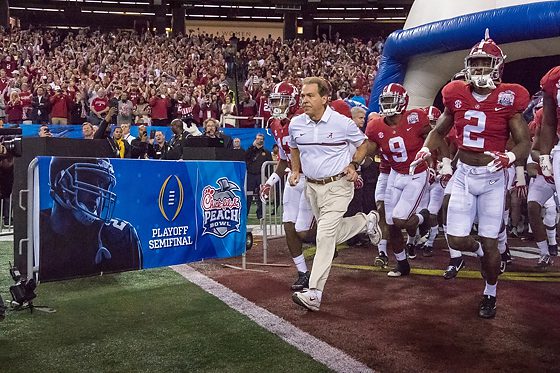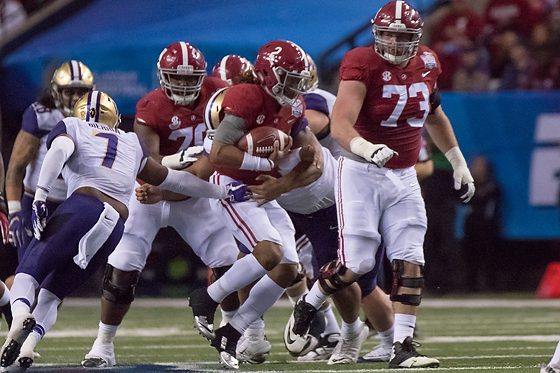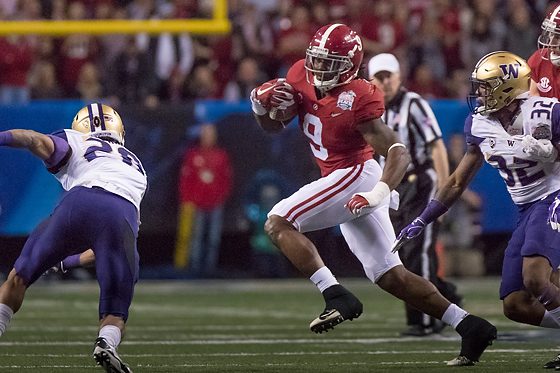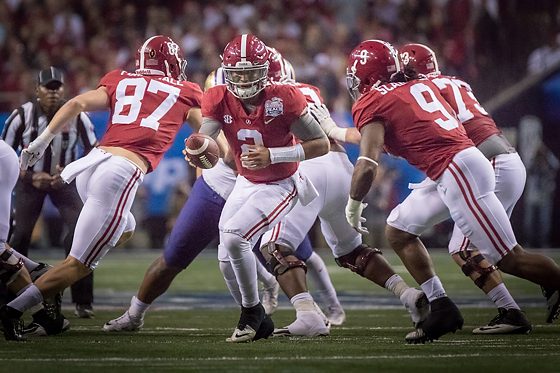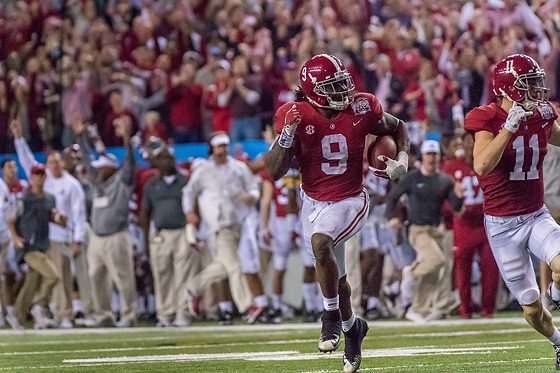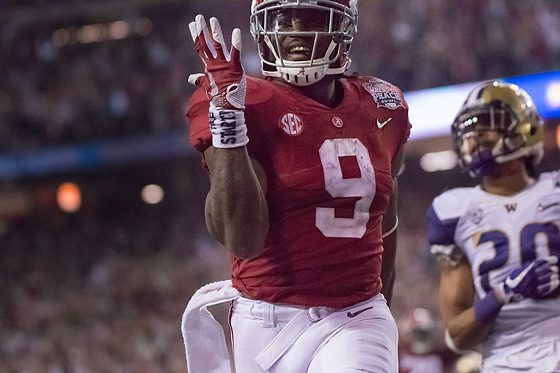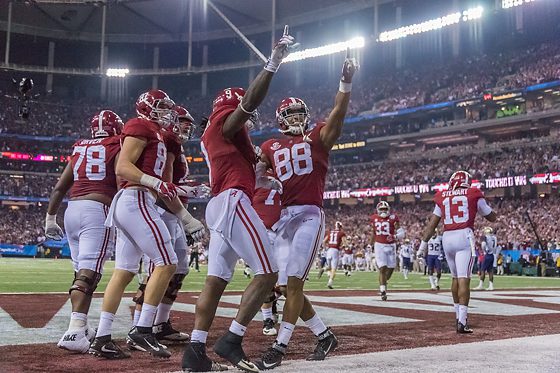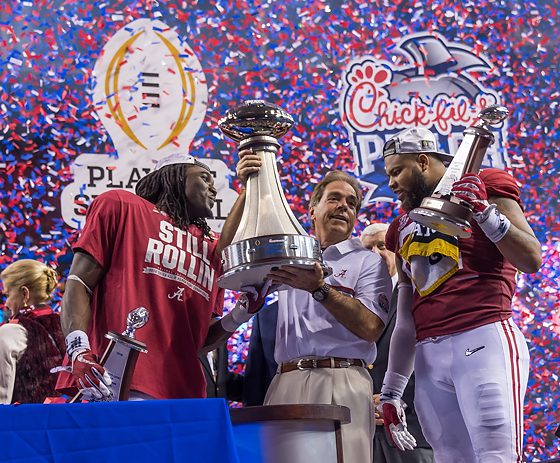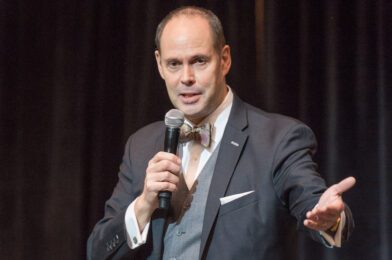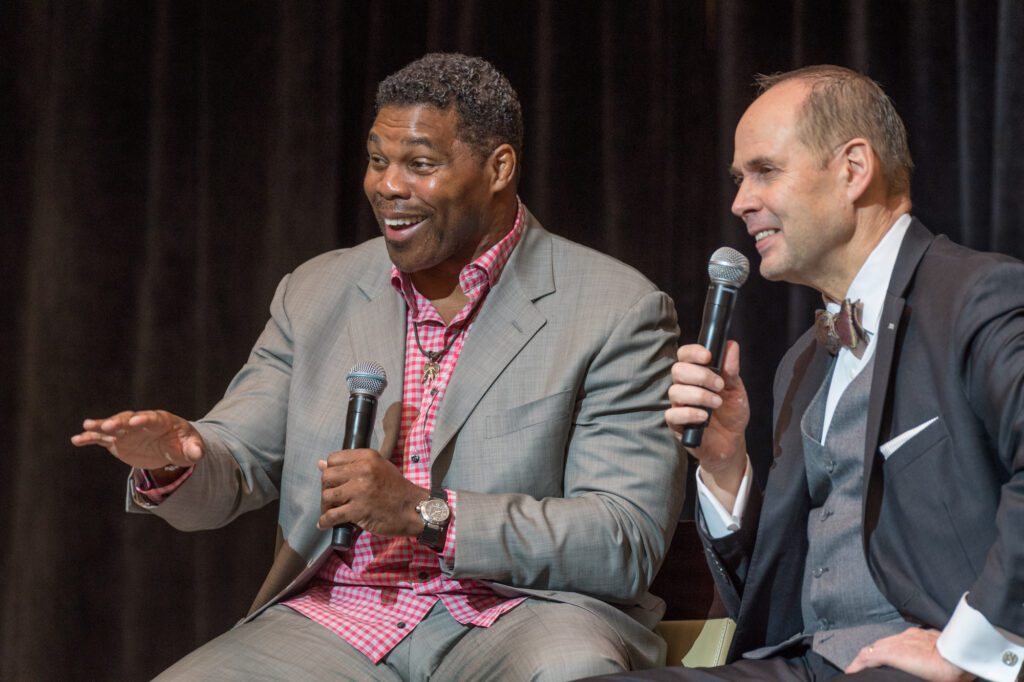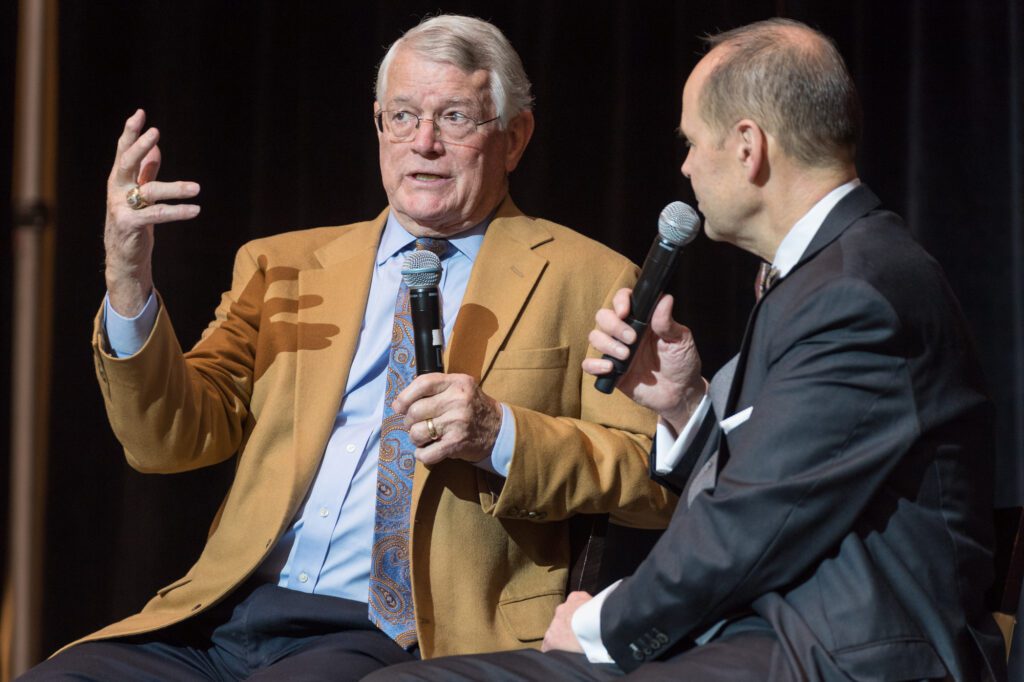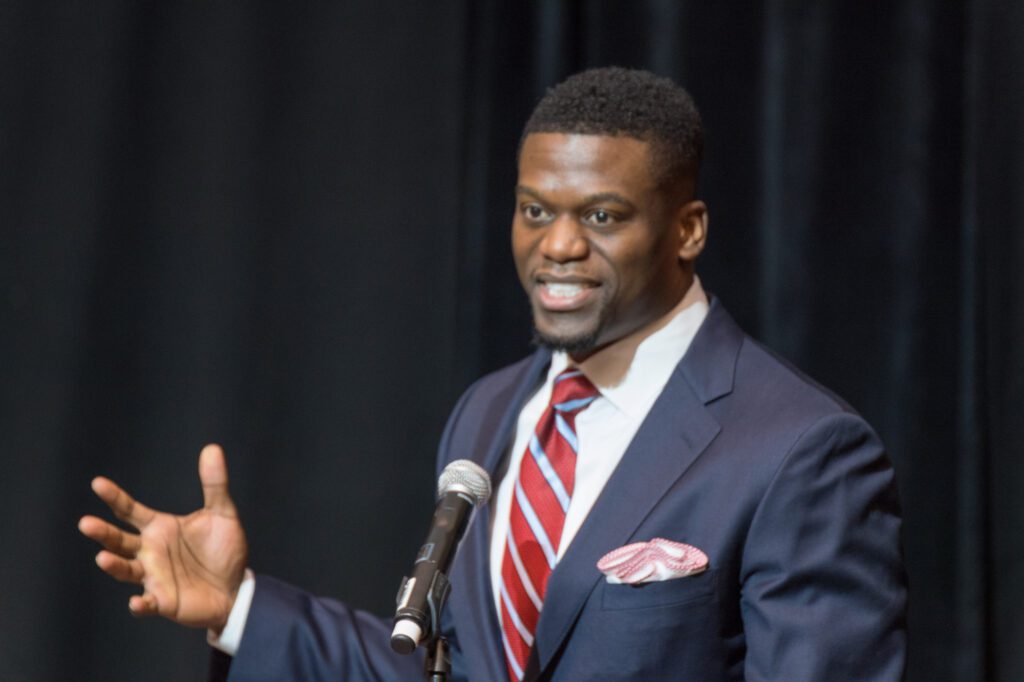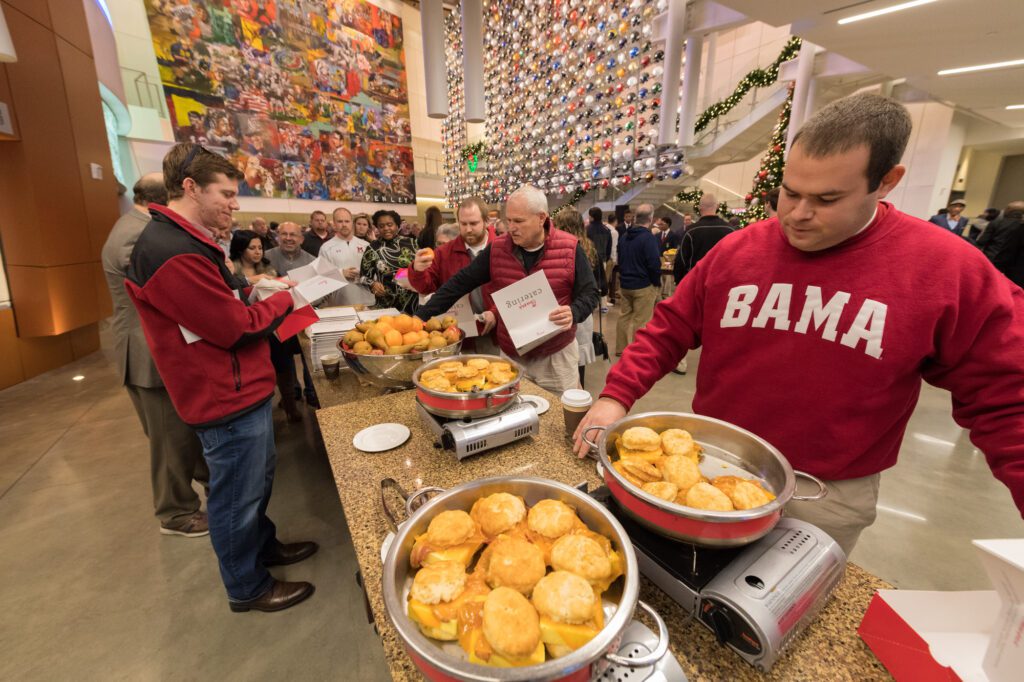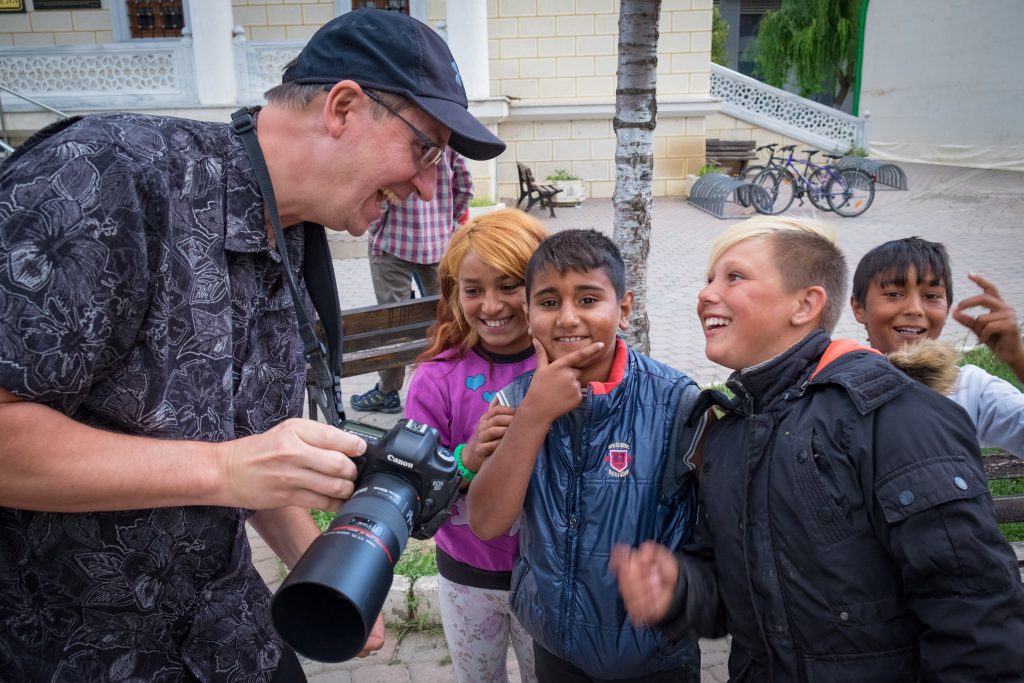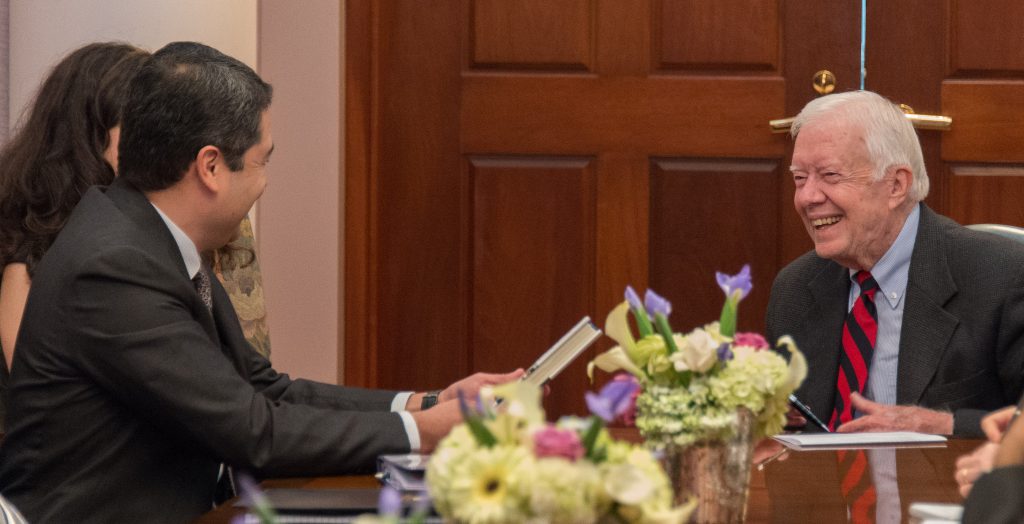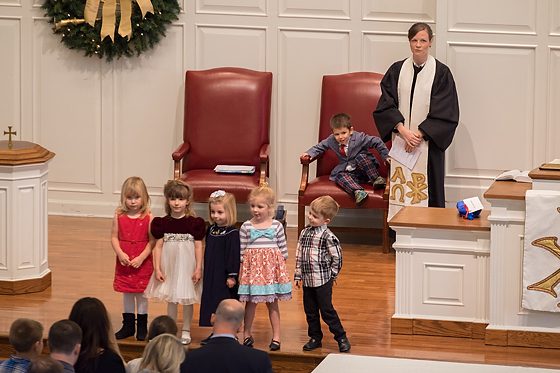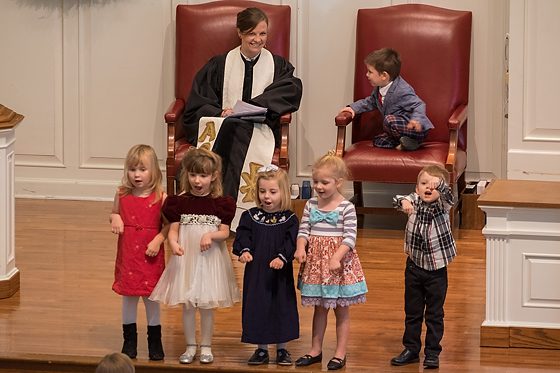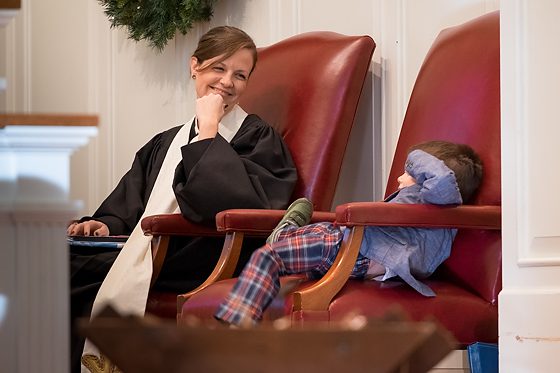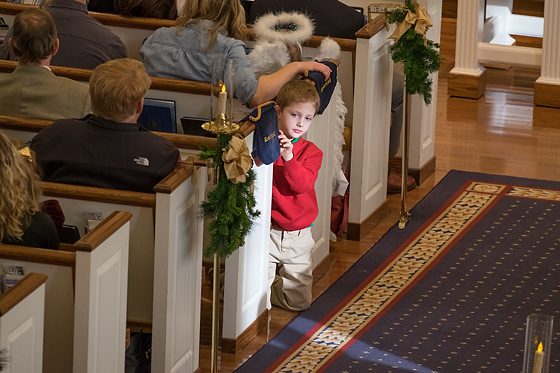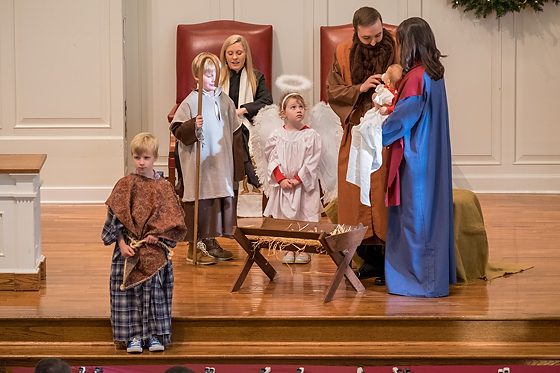Nikon D5, Sigma 35mm ƒ/1.4 DG Art, ISO 100, ƒ/1.4, 1/2500
Capturing moments like this one in Togo, West Africa, is what I thought many years ago would be my full-time career today.
During a youth retreat in high school, I responded to what I believed was a call to full-time Christian ministry. My church licensed me into the ministry. This was the first step down a process I thought would have me do ministry/missions full-time. Full-time, meaning I would pay all my bills from being on the staff of a missions agency.
I received this call while a senior in high school. My father, a pastor/missionary, gave me counsel. My father mentored me and guided me to avoid some of his mistakes. Together, we determined that I needed a path in education.
You will open more doors with a master of divinity degree. This is required for most pastor and missionary positions. Before you can get a master’s, you need a bachelor’s degree. This is where my father gave me some wisdom from his experience. He said he worked a great deal in two areas that a master of divinity doesn’t prepare you well.
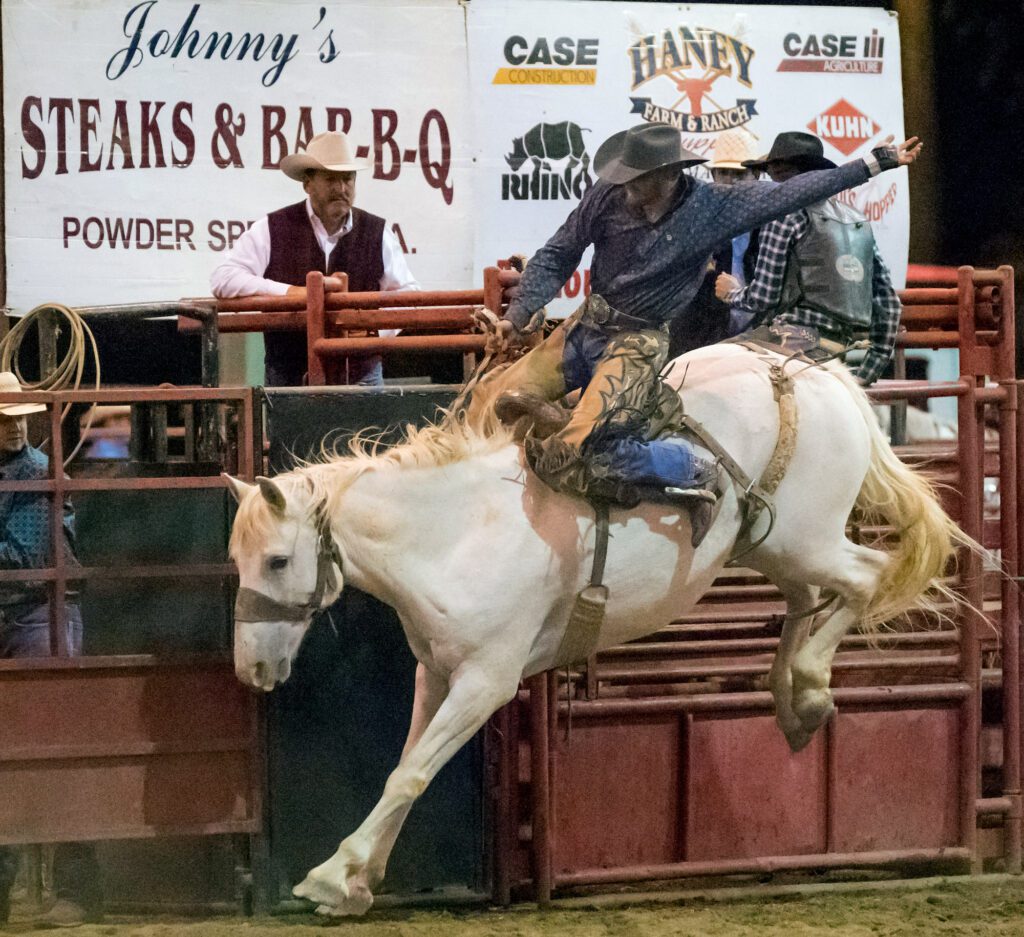
Most ministers and missionaries are an organization’s leaders, and a business degree would help you with administrative responsibilities. The second area was that of a counselor.
I decided to major in social work, and then I planned to go to seminary.
While in college, I discovered photography and, more specifically, photojournalism. In my senior year, while on spring break, I was offered a job as a photojournalist for a newspaper. I didn’t see this as a departure from ministry but a call to a specialist role in the church.
I met Don Rutledge during my senior year in college; he would become my mentor. Rather than telling that entire story here, you can read more here. Don was a photojournalist who worked for the Southern Baptist Foreign Mission Board as the primary photographer for The Commission Magazine.
A year and a half later, I would get a phone call from Don Rutledge about a photographer position on their staff.
I would spend five years working on the staff before they went through the financial crisis and cut my position.
This was a great time with Don Rutledge. Unable to find a staff job due to the economy, I believed seminary would help open closed doors. This was one of the best things I have ever done. I thought I would study and learn all this theology that would help me, and I did, but I didn’t know how much I would learn about education. I learned a lot about lesson planning and how people learn.
Upon graduating, I thought I was better equipped to help tell those missionary stories and a better communicator. However, no positions opened up for me in the church. I did find a job at Georgia Tech.
The assignments here stretched me in other ways. I worked with Gary Meek, and the two of us helped to tell the stories shared through all kinds of media. We have published in many national magazines and newspapers as well as all the public relations materials for the school.
I thought my time at the school was God’s way of further preparing me for something in missions. Well, it did help me in so many ways, and I learned many new skills I use today.
For the past fifteen years, I have been a full-time freelancer, taking any job in photography and communications to help pay the bills. I was assisting NGOs with web design. I had learned how to create my webpage to help me with freelancing, and others heard and asked me to help them.
I would make a mission trip every few years but never turned this into a full-time career. Last year, I made four separate mission trips, each for a week. The rest of my freelancing helped pay the bills, allowing me to do those mission projects.
I am still longing for the opportunity to do full-time ministry work.
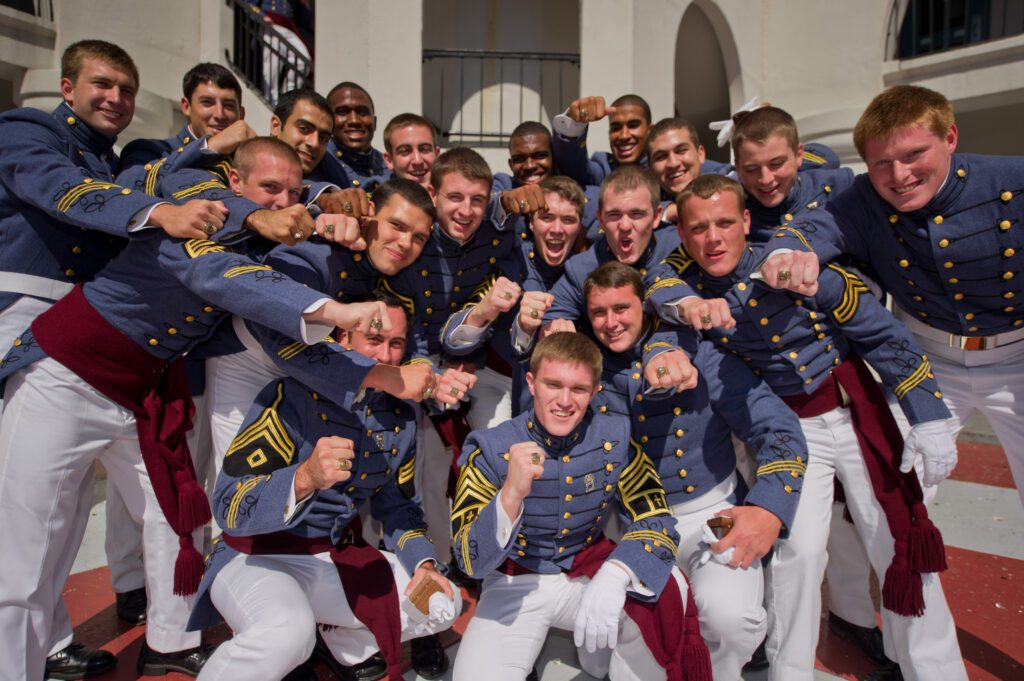
Today, I am asking myself, did God call me? Why am I not working full-time for an organization doing missions/ministry if he did?
Most likely, I am limiting God with all my questions. Maybe I am doing missions and ministry, and my understanding of what defines ministry is more limiting than how God sees it.
The one character in the bible I can relate to the most is Joseph, the youngest son of Jacob. He was given a dream that wouldn’t come true for most of his life. In telling the story, it wouldn’t be fulfilled until the very end of the story, which took most of his lifetime.
His older brothers knew Joseph as their father’s favorite. For this reason, his ten older brothers conspired against the boy and sold him to slave traders while telling their father an animal had mauled him. Joseph had been given dreams of God’s plan for his life, so he endured this fantastic story in Genesis with confidence and strength.
He would be falsely accused and thrown into jail. It would be his gift to interpret dreams that would have him later become a leader for the Pharaoh of Egypt and lead them through a time of famine and for his vision as a young boy to come true.
Are you, too, feeling depressed and beaten down? Do you wonder if God ever called you to pursue your profession?
Did you know that scripture commonly associates those who minister for a paycheck as false ministers?
“No man can be the bondservant of two masters; for either he will dislike one and like the other, or he will attach himself to one and think slightingly of the other. You cannot be the bondservants both of God and of gold.”
– Matthew 6:24
The first missionary was Paul, who earned his living as a tentmaker. He said:
If you support others who preach to you, shouldn’t we have an even greater right to be supported? Yet we have never used this right. We would rather put up with anything than put an obstacle in the way of the Good News about Christ.
1 Corinthians 9:12
Paul also instructed people to work and earn a living:
Yet we hear that some of you are living idle lives, refusing to work and wasting time meddling in other people’s business. In the name of the Lord Jesus Christ, we appeal to such people-no, we command them: Settle down and get to work. Earn your own living.
2 Thessalonians 3:11
The biblical word “pastor” is the same as “shepherd” (which is simply a caring servant of God’s people), and Jesus Himself made this point clear when he said the following about such “ministers”:
“A hired man is not a real shepherd. The sheep mean nothing to him. He sees a wolf come and runs for it, leaving the sheep to be ravaged and scattered by the wolf. He’s only in it for the money. The sheep don’t matter to him.”
John 10:12-13 (MSG)
Christians supported Paul’s travels financially, and Paul encouraged the Saints to consider those who spent their lives ministering the Gospel. Still, the gifts were given freely, from love and in response to need (ACTUAL NEED – i.e., FOOD AND CLOTHING).
Now godliness with contentment is great gain. For we brought nothing into this world, and it is certain we can carry nothing out. And having food and clothing, with these we shall be content. But those who desire to be rich fall into temptation and a snare, and into many foolish and harmful lusts which drown men in destruction and perdition. For the love of money is a root of all kinds of evil, for which some have strayed from the faith in their greediness, and pierced themselves through with many sorrows. But you, O man of God, flee these things and pursue righteousness, godliness, faith, love, patience, gentleness.
1 Timothy 6:6-11 (NKJV)
I fully believe that IF God has ordained their service, He will also fully provide every legitimate need. But the minister should not have a high and mighty opinion that he is above the need to earn his living and provide for his family and ministry.
That provision may be having another job to pay the bills.
8 For it is by grace you have been saved, through faith—and this is not from yourselves, it is the gift of God— 9 not by works, so that no one can boast.
Ephesians 2:8-9
If you have the money and time to do missions full-time, then God wouldn’t get any credit, but if you lack money and time, then when you get to do missions, you know it is because of God and not your abilities that made it happen.





